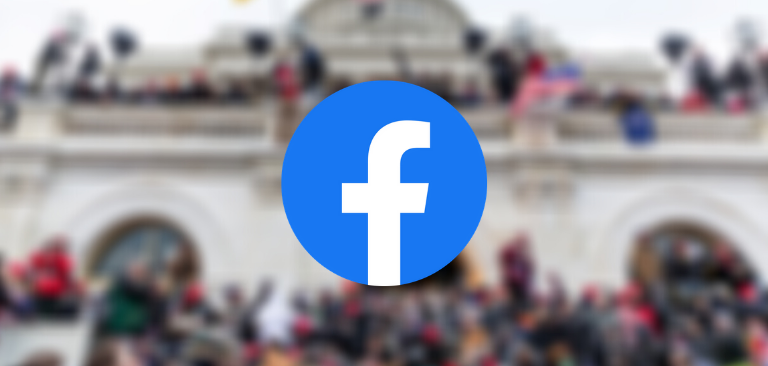The Capitol Hill events may have served as no more than a handy justification to obliterate Parler, a free speech app popular among conservatives from the internet, results of a new study indicate.
Parler, an alternative to Twitter, started to gain in popularity shortly after the disputed November presidential election in the US, as censorship increased on Big Tech corporate platforms. A thorn in the side of many media and political circles, it was effectively destroyed in the wake of the January 6 violence in Washington, vilified as the main place where protesters organized.
The New York Times also said that Gab was a place where the riots were organized and has yet to issue a retraction.
But now, a paper published by the George Washington University’s Program on Extremism shows that 73 out of 223 government documents looking into pressing charges against participants in the Capitol Hill unrest mention Facebook as that online platform where they communicated and organized.
By contrast – and logically, considering the size and number of users on both social networks – Parler is mentioned only eight times, less not only than Facebook, but also Facebook’s Instagram and Google’s YouTube.
Reports are saying that the data used in the study came both from public and private posts and messages, and that Facebook was used by protesters not only to plan their actions, but also to livestream the unrest itself.
Yet it was Parler who paid the ultimate price after it was labeled as the key tool used by protesters, and declared guilty as their enabler for providing a platform for third party content – just like Facebook and others do.
However, it’s virtually impossible that Facebook would, in light of the new findings, come under the same type of scrutiny, let alone annihilation at the hands of other members of Big Tech: imagine Google, Apple, and Amazon banding together to take down their fellow giant, like they did the fledgling and vulnerable independent competitor Parler.
Reacting to the study, Facebook offered reassurance of “ongoing and proactive outreach to law enforcement” to supply them with user data they request – no surprise there.
It’s also nothing new, but Facebook reiterated that thousands of posts, profiles, and groups have already been deleted “for discussions of committing violent acts in response to the election results.”
However, this last statement and the figures cited also unwittingly show that Facebook had indeed been a major hub for such activity.













